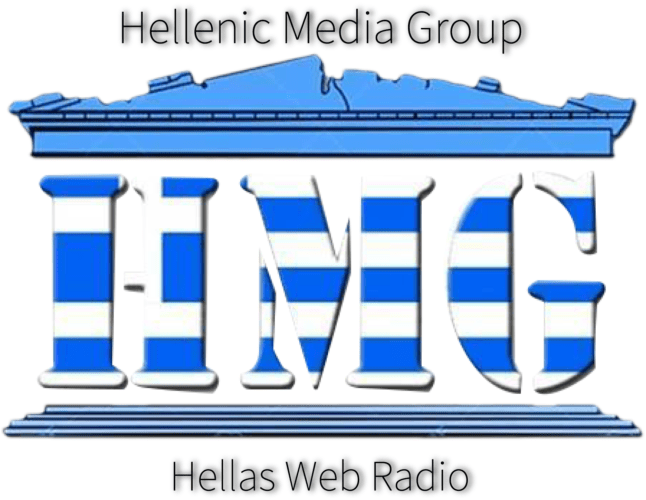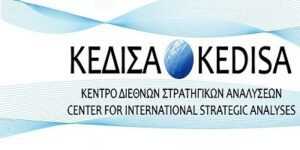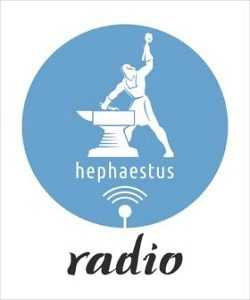Greek authorities have expressed deep concern over reports of expanded land encroachments by Israeli settlers on property belonging to the Greek Orthodox Church in the West Bank, particularly around the historic Monastery of Saint Gerasimos of the Jordan near Jericho.
A high-level meeting was held in Athens to assess the situation, which, according to exclusive reports, involves the extension of illegal settlement activity on land under the jurisdiction of the Jerusalem Patriarchate. The monastery, founded in the 5th century by Saint Gerasimos and located north of the Dead Sea, includes sections dating back to the 9th and 12th centuries.
While Athens cannot intervene broadly in Israeli settlement policy, diplomatic channels between Greece and Israel are activated when church property is affected. These issues are managed directly by the Greek Foreign Ministry due to their sensitive religious and historical significance.
Greek-Israeli tensions over Orthodox Church properties have surfaced multiple times in recent years. The pressure on the Jericho region has intensified in the past two years, particularly following the October 7, 2023 Hamas attack and the subsequent war in Gaza. At least five new settler outposts have reportedly been established near Jericho, often preceding further land seizures.
Sinai monastery’s identity and the EEZ
Meanwhile, Greek Foreign Minister George Gerapetritis met with visiting Egyptian counterpart Badr Abdelatty to mark the fifth anniversary of the Greece-Egypt agreement on the partial delimitation of their exclusive economic zones (EEZ). Both emphasized their commitment to international maritime law and regional cooperation.
Abdelatty also offered assurances about the status of the Monastery of Saint Catherine in Sinai, describing rumors of threats to the site as “unfounded malicious speculation.” He said a new agreement with the monastery was nearing finalization and emphasized Egypt’s unwavering respect for all religious sites.
“We are proud this heritage is located on Egyptian soil,” Abdelatty said. Gerapetritis added that he received guarantees that the monastery’s Greek Orthodox character and worship traditions will remain undisturbed.
The two ministers also discussed Egypt’s note verbale to Greece over its maritime spatial planning (MSP) published last April, in which Cairo questions the external limits of the Greek continental shelf and exclusive economic zone (EEZ) as reflected in the MSP.
Five years ago, the two countries proceeded to delimit their EEZ in parts, leaving out of the agreement an area that was located east of the 28th meridian (in the middle of Rhodes), but also slightly west of the island of Chryssi in the south of Crete (spatial units 2 and 3). These areas had been left out of the agreement because both in the western and eastern parts they require the participation in the discussions of third states, that is, Turkey and Libya. The 28th meridian boundary in particular is a critical point. In essence, in 2020, Greece accepted a slightly reduced influence of its inhabited islands, under the pressure of the need for an immediate and drastic response to the 2019 Turkish-Libyan memorandum. At that time, the partial delimitation agreement had been made with the approval and encouragement of the United States.
It is obvious that Cairo is attempting to safeguard its interests in view of future discussions on the pending delimitation. Greece has emphasized that in both these areas there is a clear reference to the pending delimitation. In Athens, the note verbale is not perceived as a provocation, but as an attempt to strengthen the Egyptian position in the event of new negotiations.
Apart from the two main issues, Gerapetritis and Abdelatty also discussed the conflict in Gaza, Red Sea security, and the adverse impact of Houthi attacks on Suez Canal revenues.
Source: Ekathimerini.com














Leave a comment